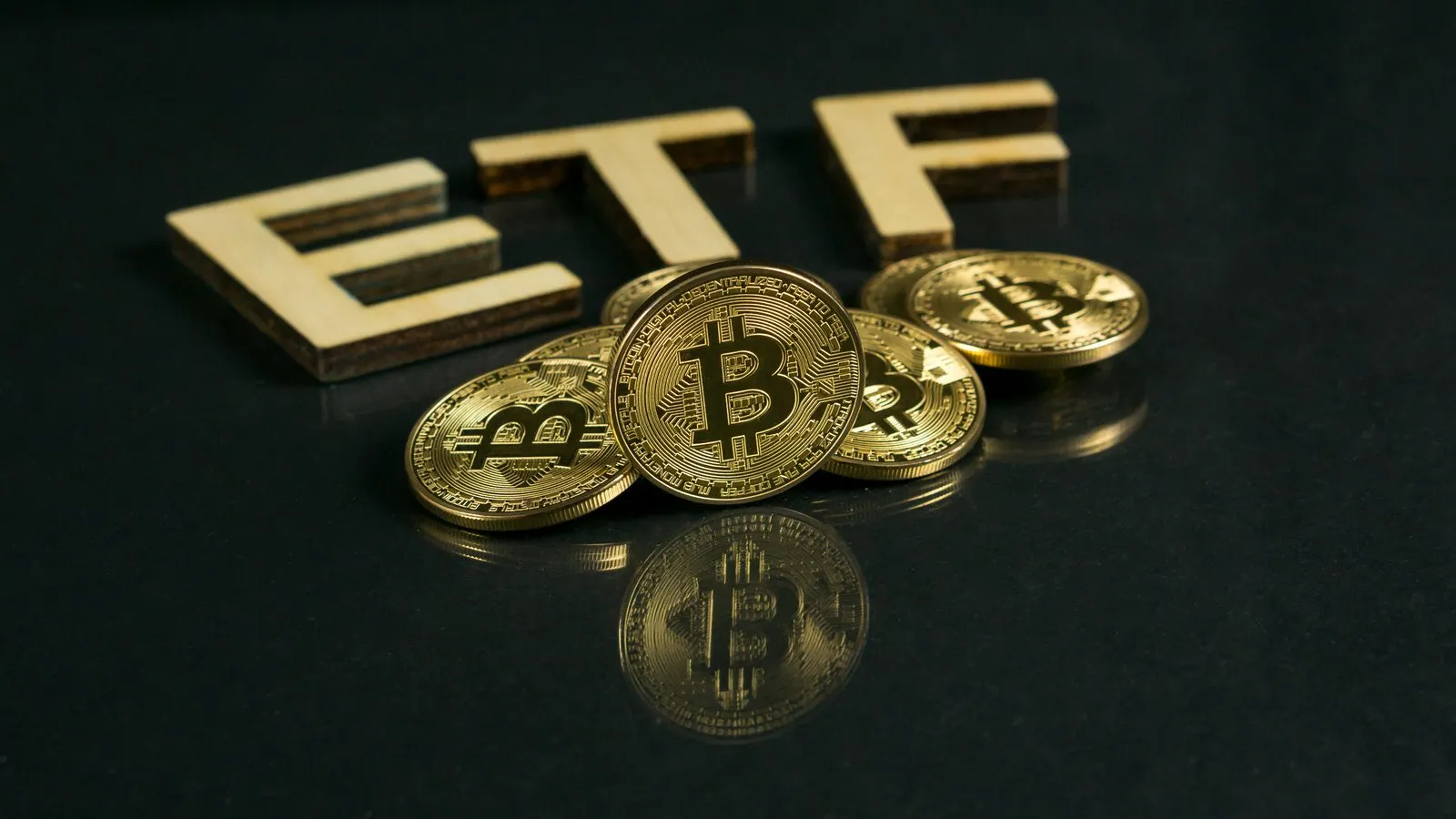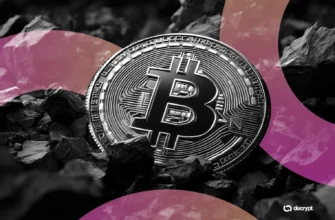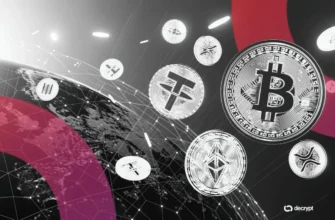
Bitwise Digital Asset Manager is bullish about tokens linked to decentralized finance, despite the fact that the most ardent supporters of the industry are retreating from altcoins due to a slowdown in the cryptocurrency market.
It is important to note that the word “you” means “you”. DeFi sector Bitwise CIO Matt Hougan told an interviewer on Tuesday that Bitwise’s stock is “substantially overvalued.” Decrypt, Layer-1 blockchains including Sui and Aptos are “certainly the right choice” to attract institutional investors.
He said that he believes there is a good case to be made for companies to launch their own cryptocurrency. SUI and Apots ETFs in the U.S.—a development that may bring renewed investments into those altcoins. Asset manager filed an Aptos-based ETF application earlier in the month. However, it does not have a similar application for SUI funds.
The projects of the former Meta team “definitely check off serious teamwork and serious technology” [and] Hougan referred to a few Bitwise requirements regarding the assets that Bitwise funds hold.
“I wouldn't put 100% of my portfolio in Sui, but I wouldn't put [in] Zero,” he replied.
Bitwise, one of many investment firms in the U.S. that have filed an avalanche of applications for crypto ETFs with federal regulators.
The spate of applications comes as the Securities and Exchange Commission— the crypto industry’s main regulator in the U.S.—has signaled its willingness to adopt a More crypto-friendly Position under Donald Trump, the newly elected president
Funds tracking prices has been requested by issuers A wide variety of cryptosFrom meme currencies such as Bonk or Dogecoin, to assets with a larger market cap like XRP The following are some examples of how to get started: Solana You can also find out more about the following: Official Trump. Bitwise has begun the approval process for ETFs with a single asset that tracks XRP. SolanaThen, Dogecoin—tokens that are especially popular with DeFi proponents.
The following is a list of the most popular ways to contact us Altcoins have fallen in value Hougan, who believes that the regulatory environment in the U.S. could change and boost DeFi tokens as well as the projects they’re linked to.
Hougan noted that “the market isn’t aware of the potential growth and change in tokenomics these tokens may undergo under a newly regulated environment.” He cited Uniswap Ondo Aave and other projects as having enormous potential.
That new regulatory climate may allow utility tokens with value drivers to thrive, he said, eliminating a major issue in DeFi—the pervasiveness of “squishy governance tokens.”
Hougan believes that the potential growth of DeFi tokens, and non-blue-chip assets in general, could make them well-suited to be included in ETF packaging in future.
Access to Crypto-based Exchange Traded Funds (ETFs) is being increased
Hougan pointed out that Bitwise and others aim to create new ETFs as often as possible.
Hougan stated that this was normal in ETFs, but not cryptos.. “Issuers of ETFs submit a large number of ETFs every day.
Although Hougan declined to specify which assets Bitwise's future funds could track, he said the firm is looking at tokens linked to “high quality” and “interesting” projects with “real potential” to track in single-asset ETFs.
When deciding on which assets should be offered in ETFs, the asset manager listens to their clients. He said that the firm wanted to offer its customers a wide range of options when it comes to investing their money.
“I don't want to be paternalistic about what they should access,” Hougan said.
The executive said it’s reasonable for issuers to provide clients exposure to all kinds of assets—even those they might not highly recommend—as long as those assets aren’t linked to rug pulls or scams.
“Blackrock offers a lot of bond funds, but I wouldn't buy a 30-year Treasury fund if you held a gun to my head,” Hougan said.
He added, “I'm not going to tell anyone to invest in Doge, but I could tell someone if you're going to invest in Doge, it's probably cheaper to do in the ETF, and there's probably less risk.”
Sebastian Sinclair is the editor


